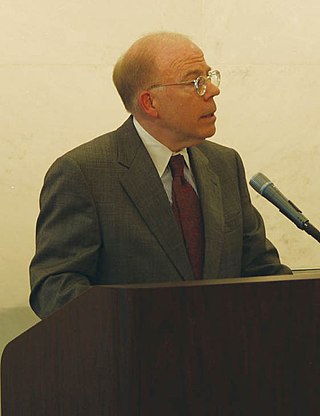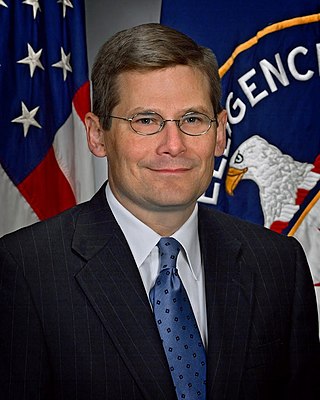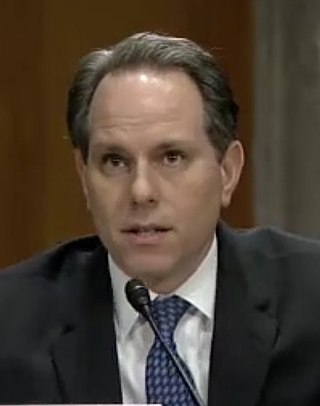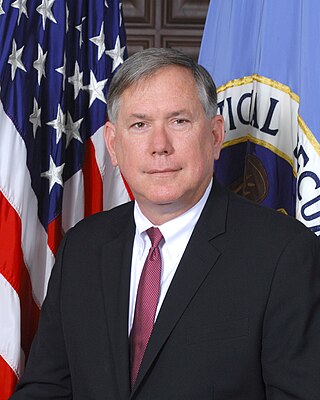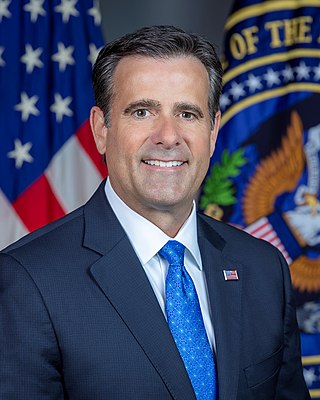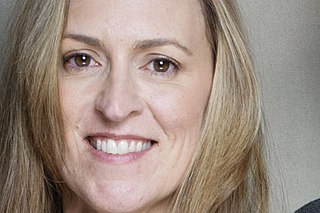
In October 2020, a controversy emerged involving data from a laptop that belonged to Hunter Biden that was abandoned at a computer shop in 2019. [1] On October 19, 2020, a group of 51 former senior intelligence officials, who had served in four different administrations, including the Trump administration, released an open letter stating that the release of the alleged emails by The New York Post "has all the classic earmarks of a Russian information operation".
Contents
Three days prior to the letter's release, Rep. Adam Schiff stated in an interview with CNN, "Well we know that this whole smear on Joe Biden comes from the Kremlin... Clearly, the origins of this whole smear are from the Kremlin, and the president is only too happy to have Kremlin help and try to amplify it". During an interview with Fox News on October 19, 2020, Trump's National Intelligence Director John Ratcliffe clarified the officials' statement, saying "there is no intelligence that supports that", and accused Schiff of mischaracterizing the views of the intelligence community by describing the alleged emails as part of a smear campaign against Joe Biden. [2] Schiff's spokesman accused Ratcliffe of "purposefully misrepresenting" Schiff's words. [3]
Further dispute over the interpretation of the letter arose when, on the day of its release, Politico published a story with the misleading headline, "Hunter Biden story is Russian disinfo, dozens of former intel officials say," though the body of the story did not support that wording. Instead, the story's lede accurately quoted the letter's words: "has all the classic earmarks of a Russian information operation". [4] During the second 2020 presidential debate held on October 22, 2020, Joe Biden repeated the article's misleading claim in stating, "Look, there are 50 former national intelligence folks who said that what he’s accusing me of is a Russian plan". [5] He would later repeat the claim in a 60 Minutes interview held on October 25, 2020. [6]
Many Republicans and their allies have since cited the Politico headline to insist the intelligence community had lied for the benefit of Joe Biden in the election weeks later and The Wall Street Journal noted in 2022 how failure on the part of several media outlets to thoroughly investigate the Biden campaign's claims played a role in shaping public perception prior to the election. [7] On February 13, 2023, The Washington Post fact-checker wrote that the Politico headline "likely shaped perceptions of the letter that continue to this day." [8] Former Director of National Intelligence James Clapper asserted the letter's message had been distorted, saying "all we were doing was raising a yellow flag that this could be Russian disinformation. Politico deliberately distorted what we said. It was clear in paragraph five." [9] Another signer, longtime State Department and intelligence official Thomas Fingar remarked, "No one who has spent time in Washington should be surprised that journalists and politicians willfully or unintentionally misconstrue oral or written statements." Despite the criticism, Politico stood by the story.
On June 25, 2024, a U.S. House of Representatives subcommittee led by Jim Jordan released a report titled "The Intelligence Community 51: How CIA Contractors Colluded with The Biden Campaign to Mislead American Voters", which states that high-ranking officials in the CIA "were made aware of the 'Public Statement on the Hunter Biden Emails' by 51 former intelligence officials prior to its approval and publication", and provides evidence that some of the letter's stated "former intelligence" signatories were working as paid contractors for the CIA at the time of its publishing. [10]
On January 20th 2025, Donald Trump issued an executive order revoking the security clearances of all the officials who signed the letter. The executive order states "The signatories willfully weaponized the gravitas of the Intelligence Community to manipulate the political process and undermine our democratic institutions". Lawyers including Mark Zaid and Dan Meyer said that the revocation can be challenged in court. [11] [12]
Former Politico reporters Marc Caputo and Tara Palmeri said on 23 January 2025 that, because of "dumb decisions of cowardly editors", they were told "Don’t write about the laptop, don’t talk about the laptop, don’t tweet about the laptop". Caputo said the Politico story about the letter had a "terrible, ill-fated headline ... because the Hunter Biden laptop appeared to be true". [13]

